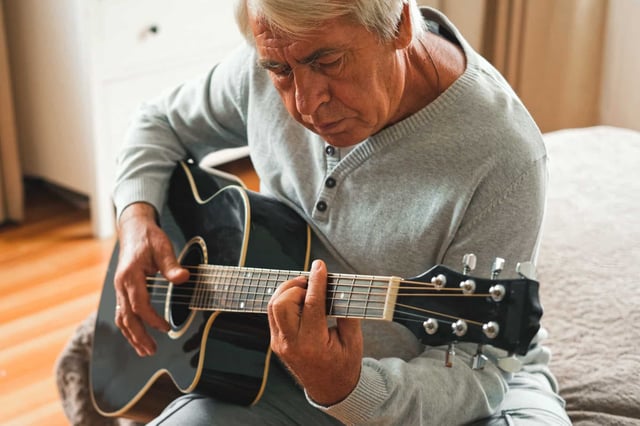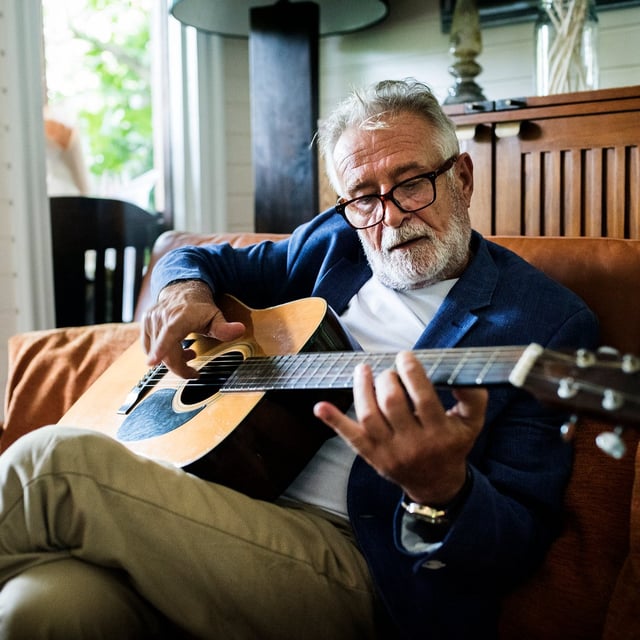Overview
- fMRI scans of older musicians, non-musicians and young adults reveal that lifelong musical practice maintains auditory dorsal stream patterns similar to those of young listeners during speech-in-noise tasks.
- Connectivity strength in the right auditory dorsal stream correlates with older musicians’ accuracy in understanding speech amid background noise, while non-musicians display compensatory bilateral network upregulation.
- A four-year follow-up of novice older learners at Kyoto University showed that those who continued playing instruments avoided putamen shrinkage and memory decline observed in peers who stopped.
- Both decades-long and late-life musical training build cognitive reserve by reducing age-related neural overexertion and supporting motor, learning and memory functions.
- Researchers propose that sustained music practice could inform interventions to strengthen neural networks and slow cognitive aging in older populations.



